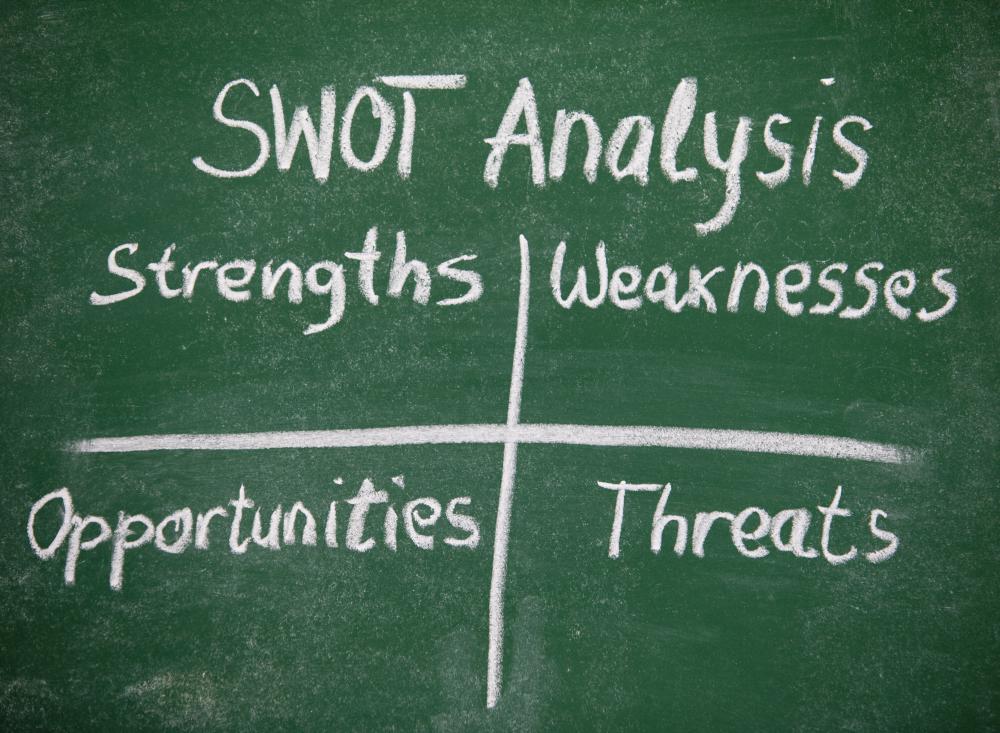At WiseGEEK, we're committed to delivering accurate, trustworthy information. Our expert-authored content is rigorously fact-checked and sourced from credible authorities. Discover how we uphold the highest standards in providing you with reliable knowledge.
What Is Enterprise Engineering?
Enterprise engineering is a discipline that integrates other types of disciplines in order to efficiently deal with all the endeavors related to an enterprise or any organization. In short, this field of study encompasses almost all elements involved in any company, such as finances, management, human resources, and even marketing. The purpose of enterprise engineering is to constantly oversee improvements and progress in one or all elements of an enterprise by applying certain techniques and methods.
The main principle behind enterprise engineering is its belief that an enterprise has an underlying structure that can be studied, taken apart, and worked on in order to improve its design and function. In this way, enterprises are treated very much like a building or a machine, with all their components interrelating with each other. Business enterprises and companies are not the only ones that can benefit from this kind of systems engineering, but also all kinds of establishments such as government departments and non-profit organizations.

In general, the enterprise engineering uses a cyclical process to evaluate and make improvements on the structure of an enterprise. This cycle may involve many steps, but can be summarized in three simple phases. The first one is “strategic planning,” in which all existing information and data about the enterprise are analyzed. From all the information, several implications about the enterprise will be formed, including its place in the market, its status quo regarding profits, and the efficiency of the human resources. In this stage of strategic planning — called strength, weakness, opportunities, threats (SWOT) —, analysis of the enterprise is also included.

The second state in the cycle of enterprise engineering is “process improvement,” where all the gathered information is utilized to further advance the efficiency of the enterprise’s system. This stage involves a team effort wherein everyone in the enterprise works together to get to the goal. In many cases, the enterprise engineer can provide a diagram or systems model that the company can try to follow. Sometimes, this involves a trial-and-error process, trying out different methods until the company finds the one that suits it best. Process improvement not only gives importance in short-term goals, but also in long-term achievements as well.
The last stage is the “performance measurement,” in which the enterprise evaluates its progress since the first stage of strategic planning. This phase of the enterprise engineering makes sure that the list of goals is being realized and that the enterprise experiences improvements steadily. Evaluation reports and surveys are usually undertaken to quantify and measure these improvements, which may bring back the enterprise engineering to its first stage.
AS FEATURED ON:
AS FEATURED ON:












Discuss this Article
Post your comments